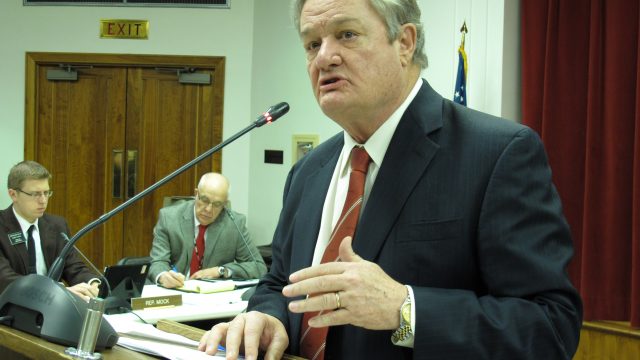Ironic: Governor Dalrymple Gets Credit For Other People's Tax Cuts

The Cato Institute today released their analysis of gubernatorial performance on fiscal issues. North Dakota’s Jack Dalrymple got a pretty good grade, coming in 12th in the nation, though I’m not sure he deserves it.
The full report from Cato is here.
Here’s their summary of Dalrymple’s performance:
Dalrymple got a much lower grade on spending thanks to a 19.2 percent increase in per-capita spending. The national average was a 4.2 percent increase in per-capita spending.
To be fair, I’m not sure it’s fair to hold Dalrymple entirely accountable for overspending. We could all point to plenty of waste and misplaced priorities in the state’s budget, but with a booming economy and strong population growth, spending growth was inevitable. Roads, schools, and other infrastructure aren’t free.
What boosted Dalrymple’s score, however, was tax policy thanks to cuts in the personal and corporate income taxes, which the summary above notes. But how much credit does Dalrymple deserve for those things? Sure, he signed the tax cuts into law, but it’s worth remembering that during the 2013 legislative session there was a clash between state House Republicans who passed $500 million in income tax cuts and Governor Jack Dalrymple who, backed by the Senate, wanted a much smaller package.
In fact, Governor Jack Dalrymple’s executive budget heading into the 2013 session called for only $125 million in combined personal and corporate income tax cuts. Ultimately, what North Dakotans got was more than what Dalrymple called for – $250 million in combined relief – but half of what Hosue Republicans had sent to the Senate.
“We passed a better bill,” Rep. Craig Headland, the primary sponsor of the $500 million tax relief package, said when the House acquiesced and passed the Senate version (video below).
Ironically, if Dalrymple had gotten his way on income tax cuts, his grade on tax policy would have been significantly lower. It’s House Republicans who deserve the credit for pushing the tax cuts higher over Dalrymple’s objections.





